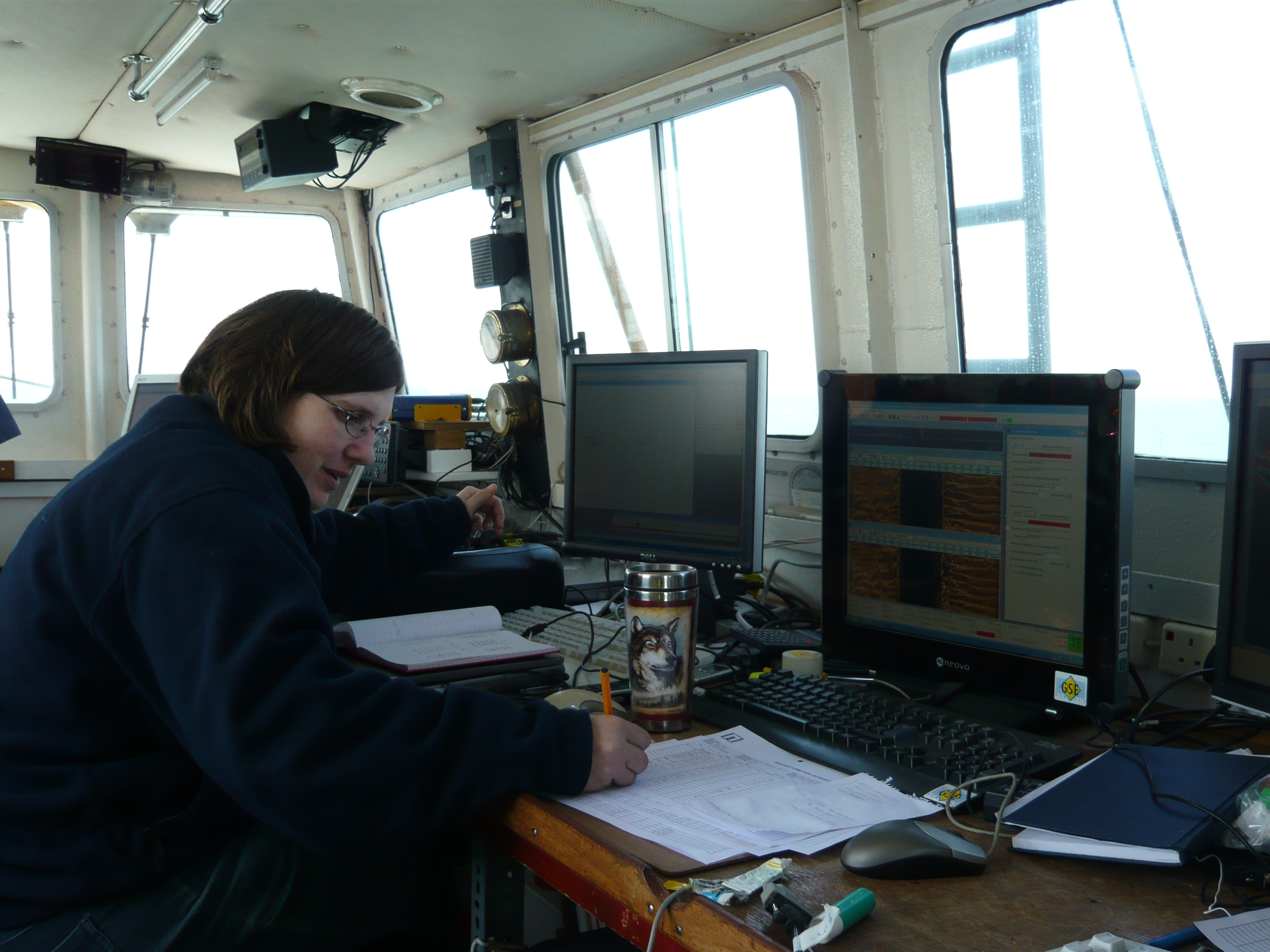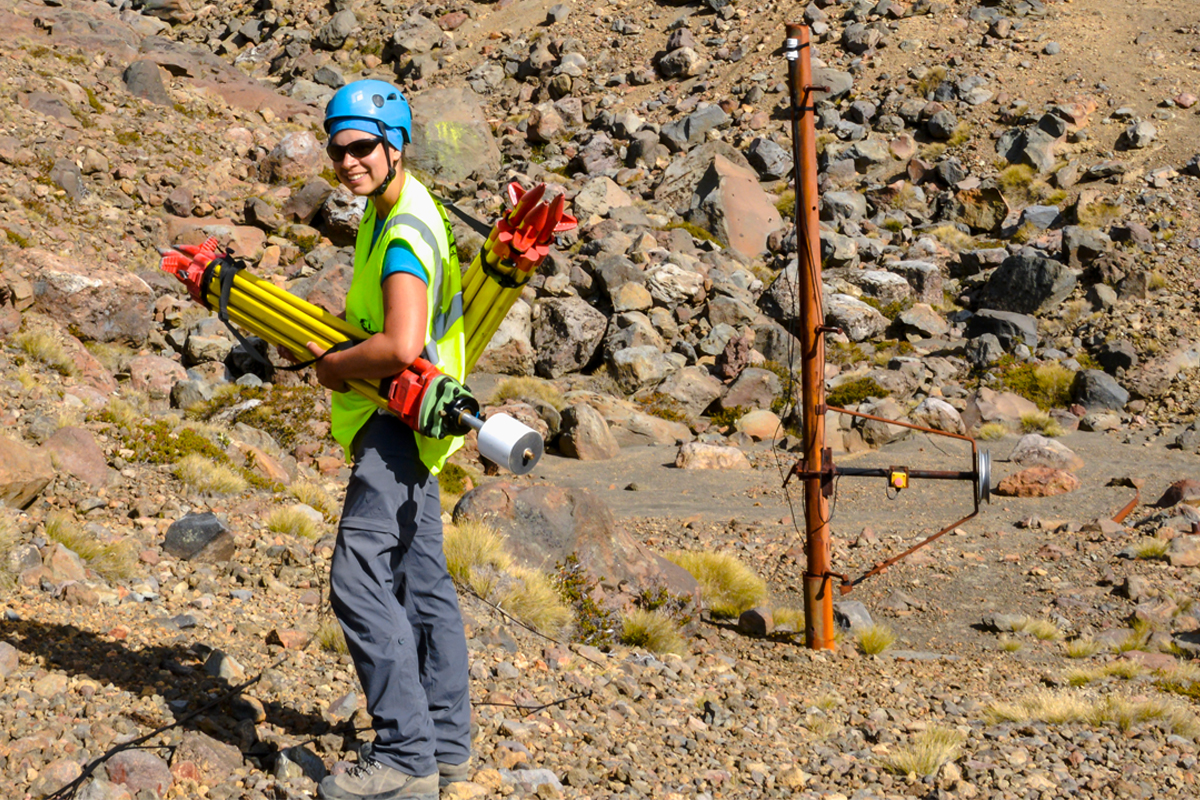All Categories
Featured
Table of Contents
Geophysical Survey Next Step In Carbon Storage Study in Burswood Western Australia 2023
This work is significantly contracted out, so consultancies offer another source of employment. Consultancy firms differ in size, from very small companies to large multinationals. Some consultancies are quite specialised in utilizing particular geophysical strategies or operating in specific areas, while others provide a more varied series of services to their clients.
The extraction of gas from landfill sites is another area of work and this might grow in the future. Expedition business may undertake work for building companies, water business, mining business and environmental agencies, so geophysicists might be employed in any of these settings. Other employers include: geological surveysgovernment bodies and agenciesuniversities and research study institutes.


Jobs might be noted in the oil and gas sector press. Recruitment is impacted by oil rate fluctuations and the level of competitors for positions differs depending upon this. Careers Days, which cover the complete series of geoscience professions and are usually attended by a number of key industry employers, are run by The Geological Society.
Marine Geophysicist in Cottesloe Oz 2021
A few of the large oil and gas companies provide a complete two-year structured training programme throughout the breadth of geophysics, including the opportunity to experience work in numerous groups prior to specialising in one area. Your training might include work on: existing wellsmagnetic and gravitational prospective field data analysisresearchrock analysis. It's more usual for your preliminary training to be offered on the job.

There might be a probationary period throughout which you work together with an experienced coworker. Competency-based appraisals happen frequently in most firms. In smaller sized firms, and for academic posts, there is unlikely to be any official training - you'll be anticipated to begin work straightaway and pick up skills as you go along.
If you work for a smaller sized business, you might find that you need to take responsibility for organizing and moneying your own advancement and training. If you have a geology degree, membership of The Geological Society can be helpful for networking and for keeping up to date with the market.
Geophysical Survey Requirements In California Waters in Churchlands Oz 2022
You might also discover it useful to sign up with the PESGB (The Petroleum Exploration Society of Great Britain, which has a geophysics special interest group. After a probationary period, and once you have actually gotten some experience, you could progress to senior geophysicist, then group leader and after that into a senior role in management.
The ease of movement in between roles depends upon the business structure. Research study at Masters or Ph, D level in a subject associated to geophysics or geosciences may assist with your career advancement and progression. The employment market within the oil and gas market is extremely dependent on rate and this may impact your opportunities for career progression.
However, not all jobs are dependent on the oil and gas industries. For skilled geophysicists, freelance consultancy offers a great route for profession advancement. You can likewise specialise in a specific area of geophysics. As a geophysicist, you're most likely to have a number of jobs throughout your working life. International mobility is important for dealing with peaks and troughs in various nations at various times.
Geophysical And Geotechnical Assessment in Mt Helena WA 2023
From geophysics, it's possible to focus on seismology (completing further training to become a seismic interpreter) or to move into associated areas such as engineering geology or danger prediction.
Choosing what to study in college is a hard option. Even if you understand that your field of interest depends on science, what program of research study is best for you? If you make the choice to major in physical and biological sciences and pursue a profession as a geophysicist, you're preparing for an exciting and successful profession.
The first step to accomplishing your goal of ending up being a geophysicist is earning a degree. Even for entry-level positions in the field of geoscience, you'll need a bachelor's degree (a geophysicist college degree) from an accredited college or university. Geophysicists should be able to: analyze rocks, pictures, and other pieces of data perform research both in the field and in labs produce maps and charts of their findings compose reports To achieve all this, students require a specialized education for geophysicist professions.
As stated above, you'll require a bachelor's degree in geoscience or a related discipline, such as a physical science or a natural science, to land an entry-level task. Students can also prepare by majoring in subjects like: Biology Chemistry Computer system science Engineering Mathematics Physics The above geophysicist majors use a more generalized technique to a single scientific discipline, however most programs need students to take one or more geology course.
Table of Contents
Latest Posts
Geophysical Survey In Archaeology in Samson WA 2023
Geology Careers: Degree Requirements, Cost & Salary in Subiaco Western Australia 2022
Geophysical Surveys: Definition & Methods in Armadale Western Australia 2022
More
Latest Posts
Geophysical Survey In Archaeology in Samson WA 2023
Geology Careers: Degree Requirements, Cost & Salary in Subiaco Western Australia 2022
Geophysical Surveys: Definition & Methods in Armadale Western Australia 2022